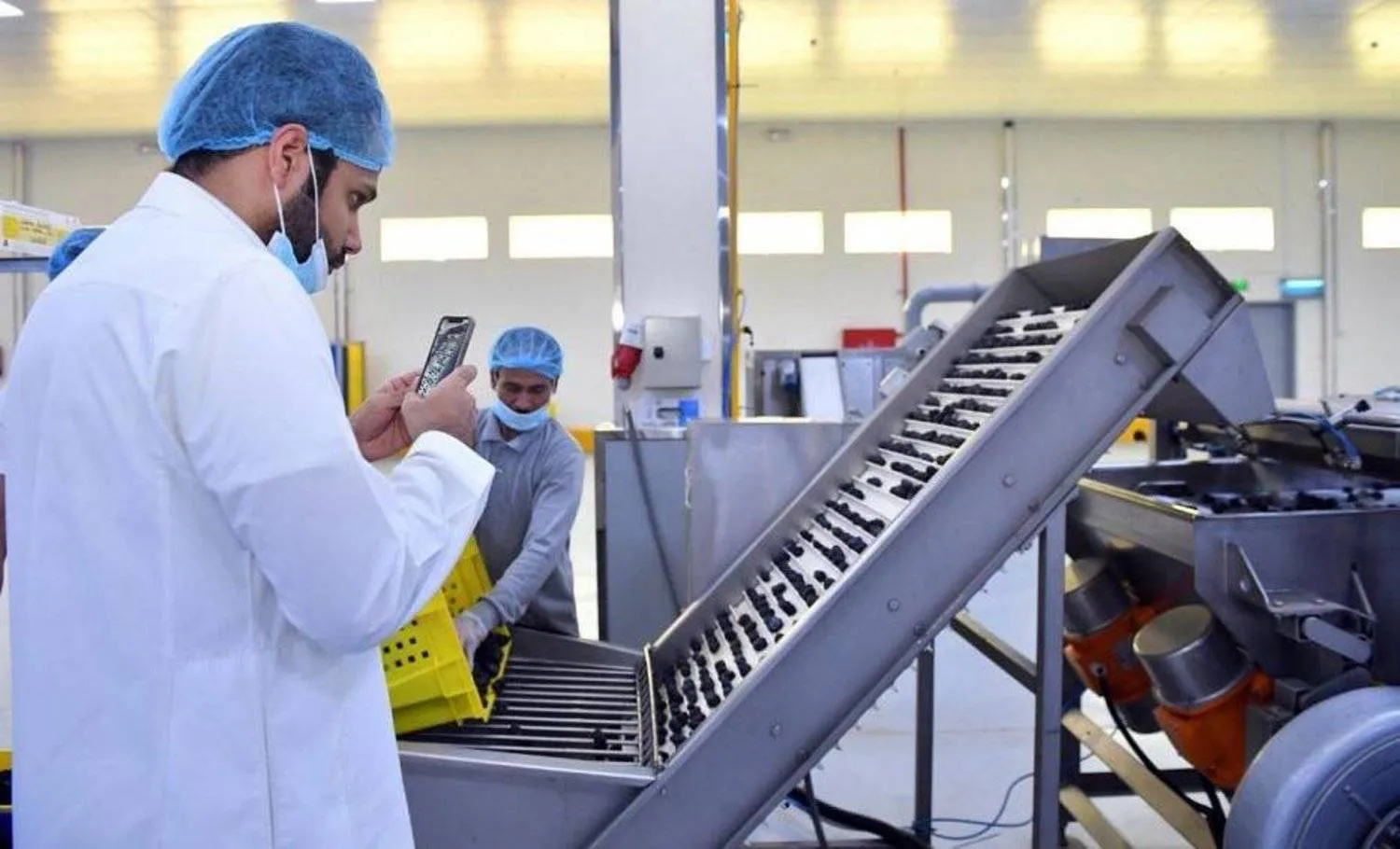The Saudi Shura Council has urged the exploration of incentives and facilitations based on establishments’ contributions to local content. This includes support for obtaining certified credentials and the inclusion of promising sectors in the mandatory list of local products for government procurement.
Saudi Arabia’s Local Content and Government Procurement Authority is updating the mandatory list by adding new products and services.
The latest additions include eight products in the cybersecurity sector, such as encrypted portable memory, external hard drives, computer network encryption devices, network-encrypted storage devices, and encrypted email systems.
The Commerce and Investment Committee of the Shura Council held a meeting on Sunday to discuss the annual report of the Local Content and Government Procurement Authority, with the aim of enhancing the agency’s performance in increasing the percentage of local content in government procurements.
The Council emphasized the importance of supporting promising and new activities to align with the second phase of Vision 2030.
This includes studying the increase in preferential pricing for government procurements in these sectors, incorporating them into the mandatory list of national products, and imposing these requirements on companies fully owned by the state or with more than 51% state ownership, as well as their government entities.
The Council proposed the implementation of annual performance indicators to measure compliance levels.
During the meeting, Commerce and Investment Committee members discussed mechanisms that enable establishments to enhance local content in their products and services.
This involves studying the possibility of providing incentives and facilitations that align with the contribution ratio of products and services to local content.
These incentives include support and empowerment for obtaining certified credentials for local content, enabling such establishments to participate in government procurements.









